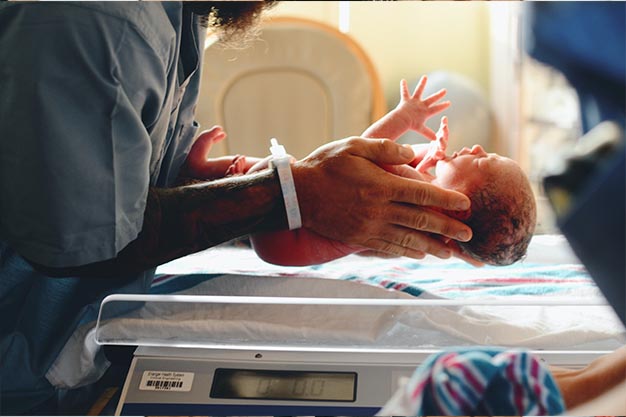Prematurity also called preterm birth is commonly defined as any birth before 37 weeks completed weeks of gestation but after the age of viability which is 28 weeks in Nigeria.

Among preterm births, designations of at least three levels of risk are becoming accepted: infants at the limits of viability (≤28 weeks); very preterm infants (26–33 weeks), who will need access to neonatal intensive care for survival; and infants 34–36 weeks, now designated as late preterm infants.
There are several causes of preterm birth and these include maternal, foetal and placental predisposing factors that have been identified. The most common of these include antepartum haemorrhage which could be from placenta previa (abnormal placement of the placenta) or placenta abruption, mechanical factors such as uterine over-distention and cervical insufficiency; hormonal changes; maternal infections etc.

Ways of Preventing or Reducing the Risk of Premature Birth
• Avoid tobacco, smoking, and e-cigarettes.
• Don’t drink alcohol while trying to get pregnant and during pregnancy
• Don’t use street drugs and avoid misuse of prescription drugs
• Eat a balanced diet with foods containing iron and folic acid
• Be active every day: try to get 30 minutes of exercise every day
• Get medical conditions like diabetes and high blood pressure under control
• Lose weight to avoid being obese; if you are underweight, gain weight
• Lower your stress levels: try yoga, meditation, being active, support groups, balancing work and your life
• Work on having a healthy relationship with your partner without violence
• Seek prenatal care early in your pregnancy, particularly if you have any risk factors for preterm birth such as having had a premature baby in the past, or having a problem with your uterus or cervix
• Attend prenatal visits with your partner
• Tell your physician or midwife if you think you are having signs of premature labour.
Symptoms and signs of premature labour

Notify your pregnancy care physician or midwife if you have:
• Contractions, cramping or tightening of your uterus occur more than 4-5 times in an hour during your pregnancy.
• Abdominal cramps, with or without diarrhoea
• Lower backache that may be constant or may come and go
• Pressure in your vagina or pelvic region
• Ache in your inner thighs
• Increased vaginal discharge
• Fluid leaking from your vagina – your water breaks with a gush or a trickle
• Bleeding in any amount coming from your vagina

